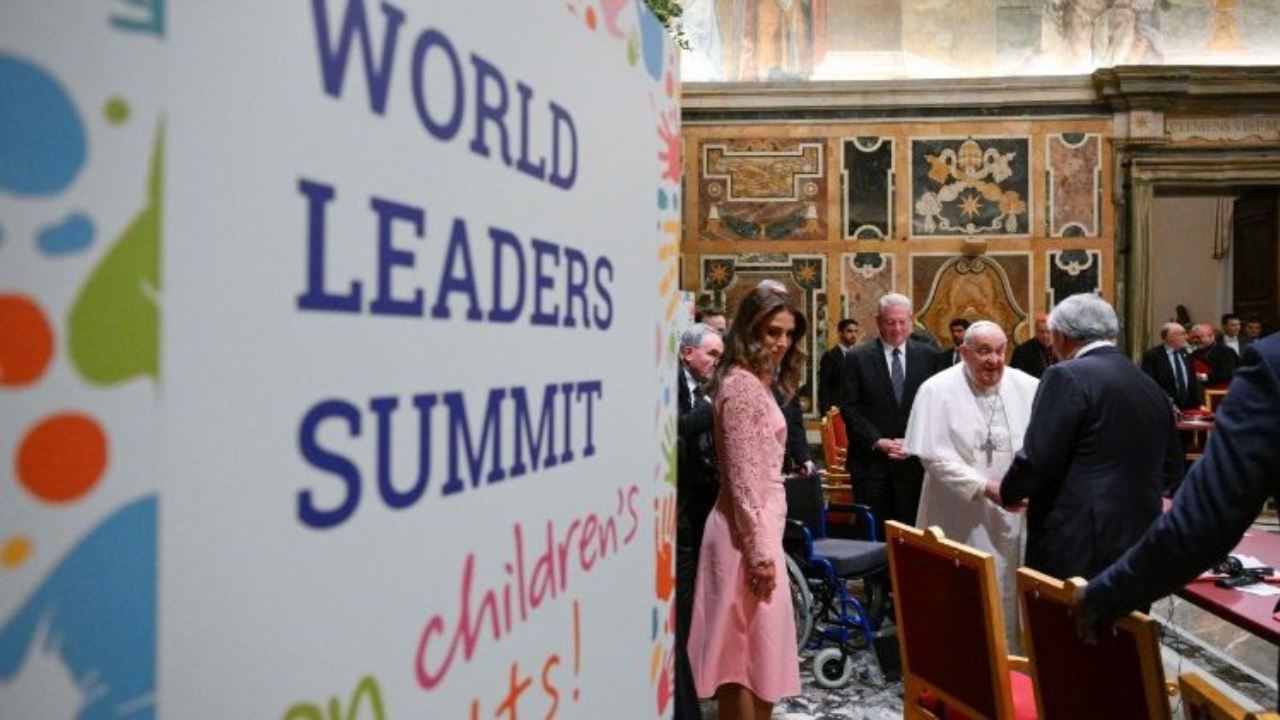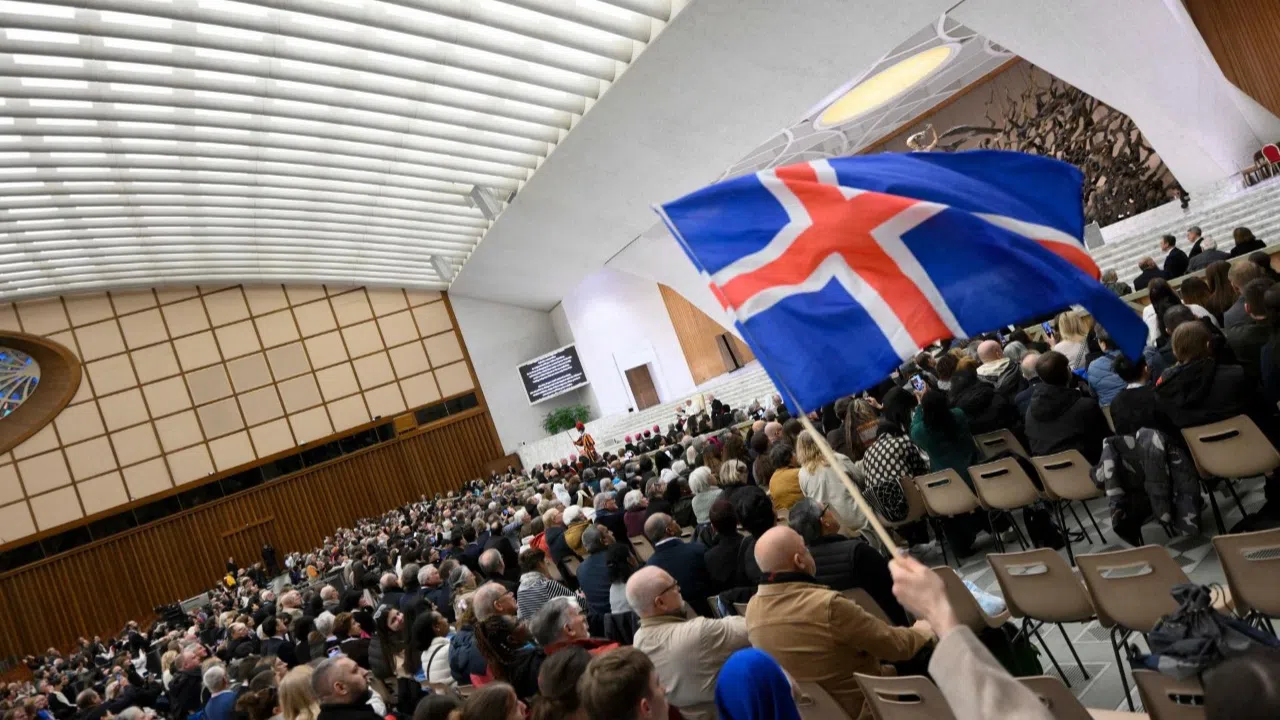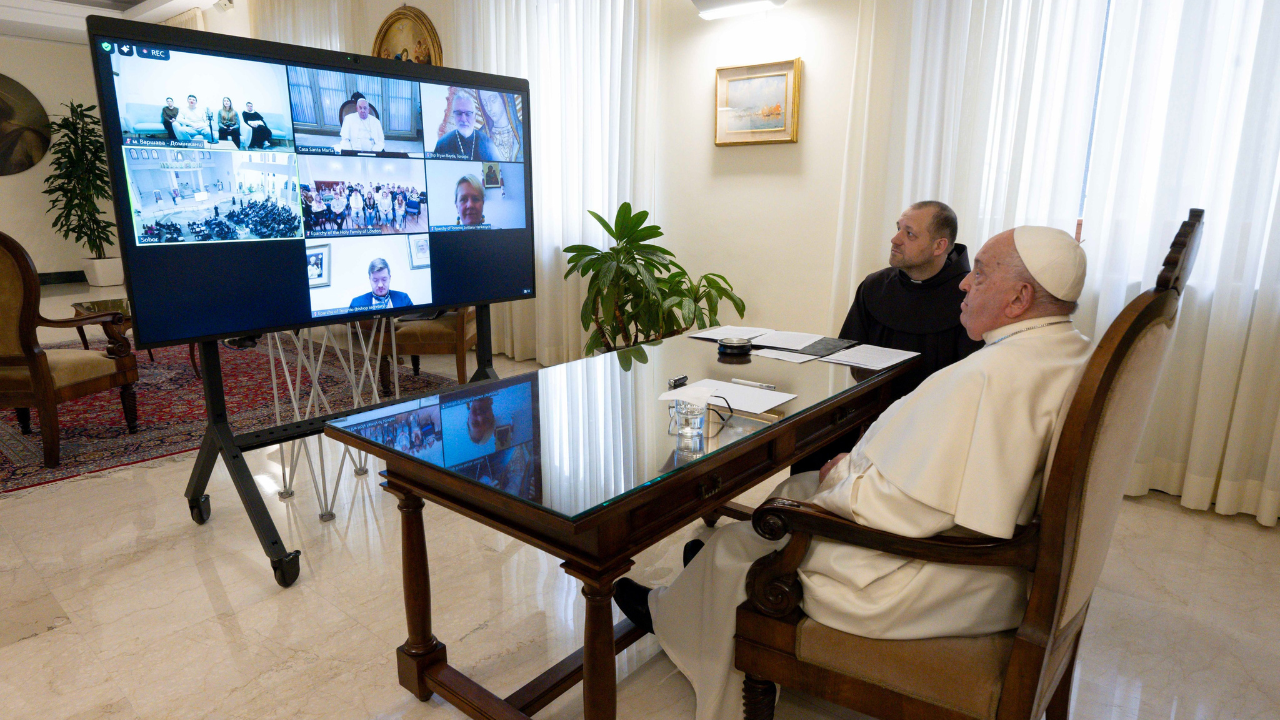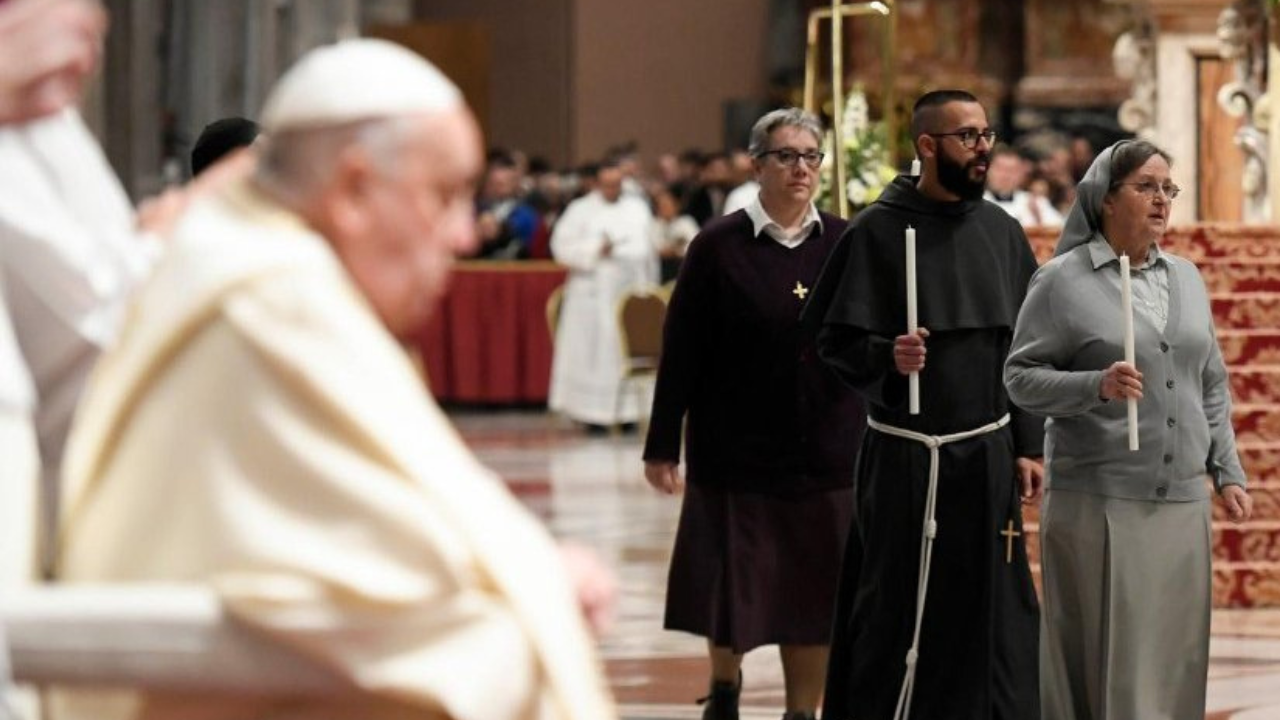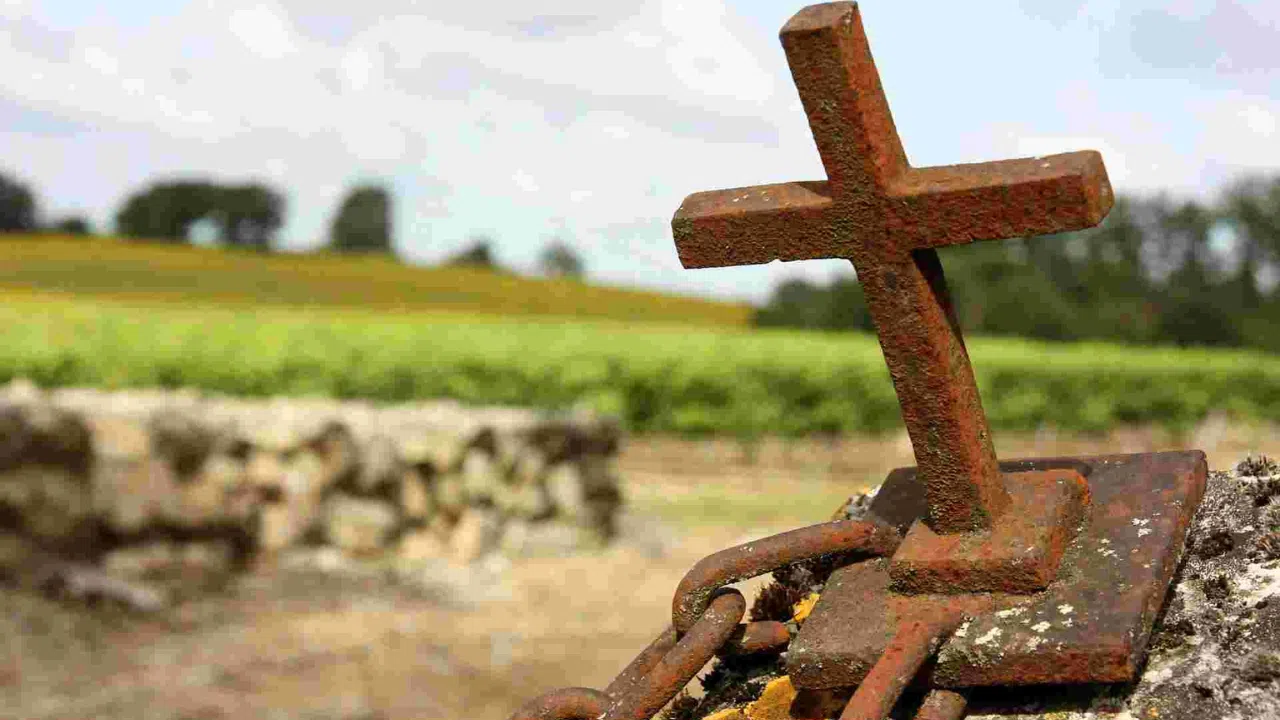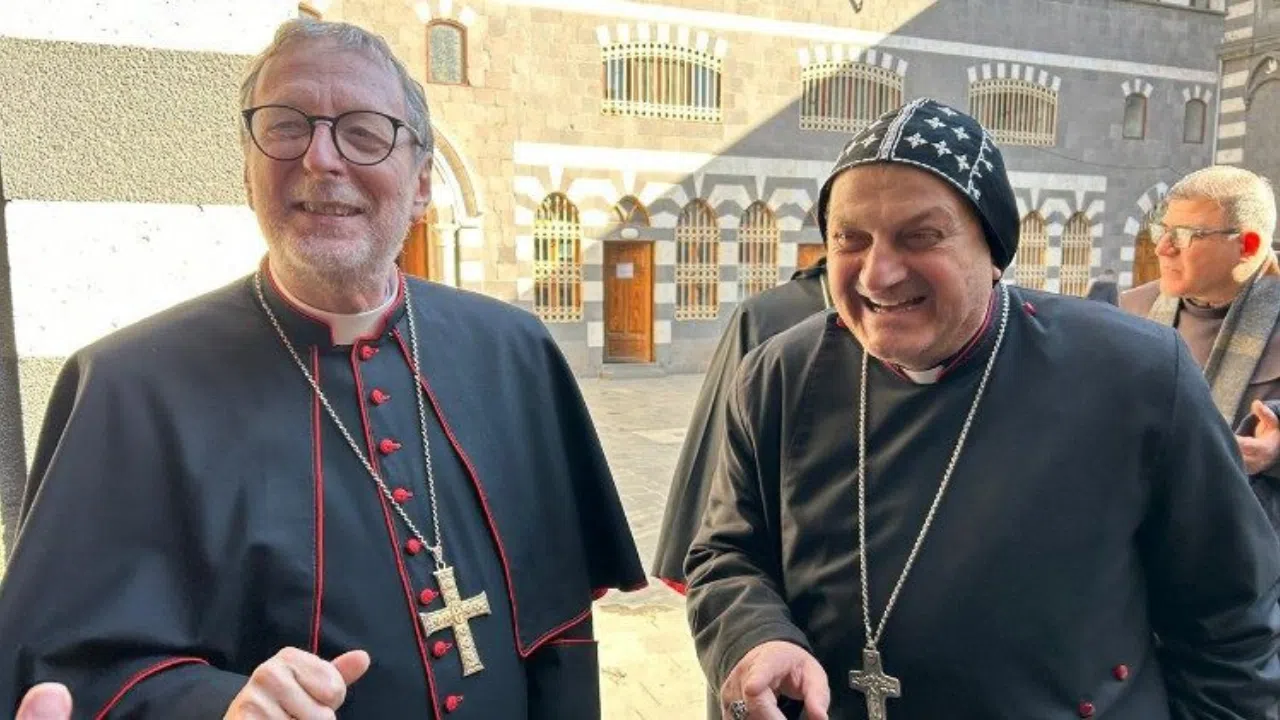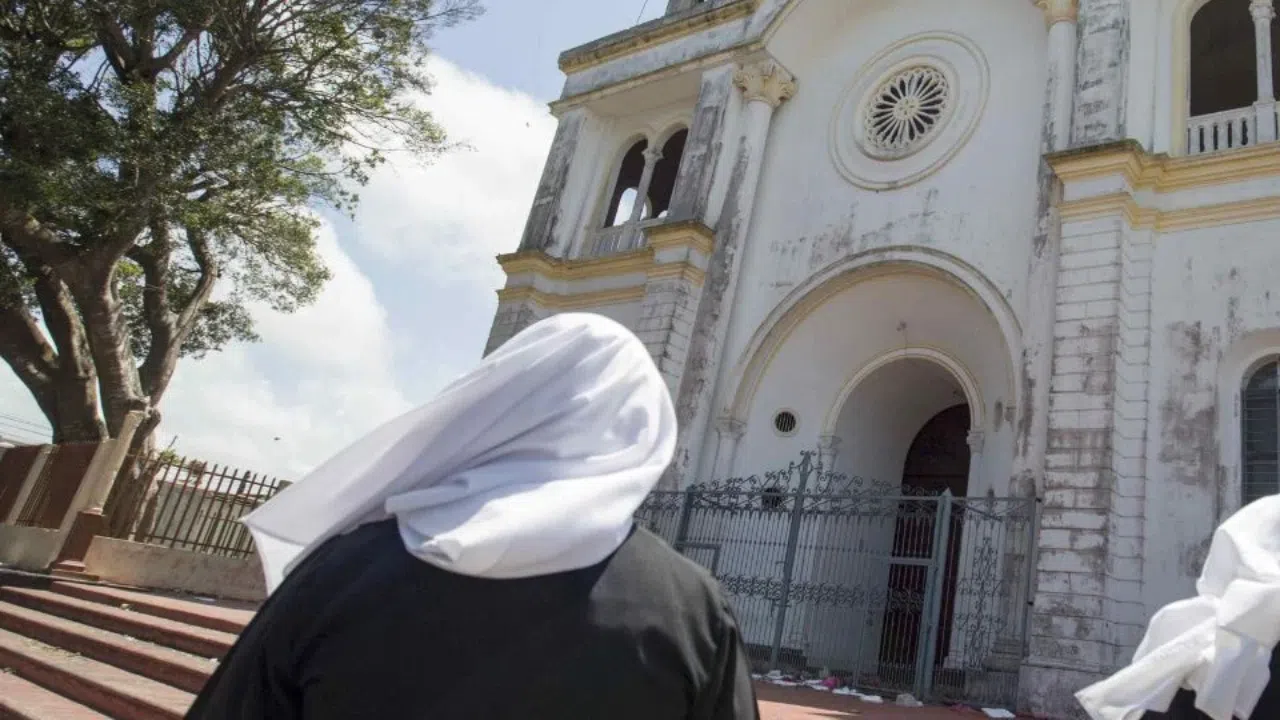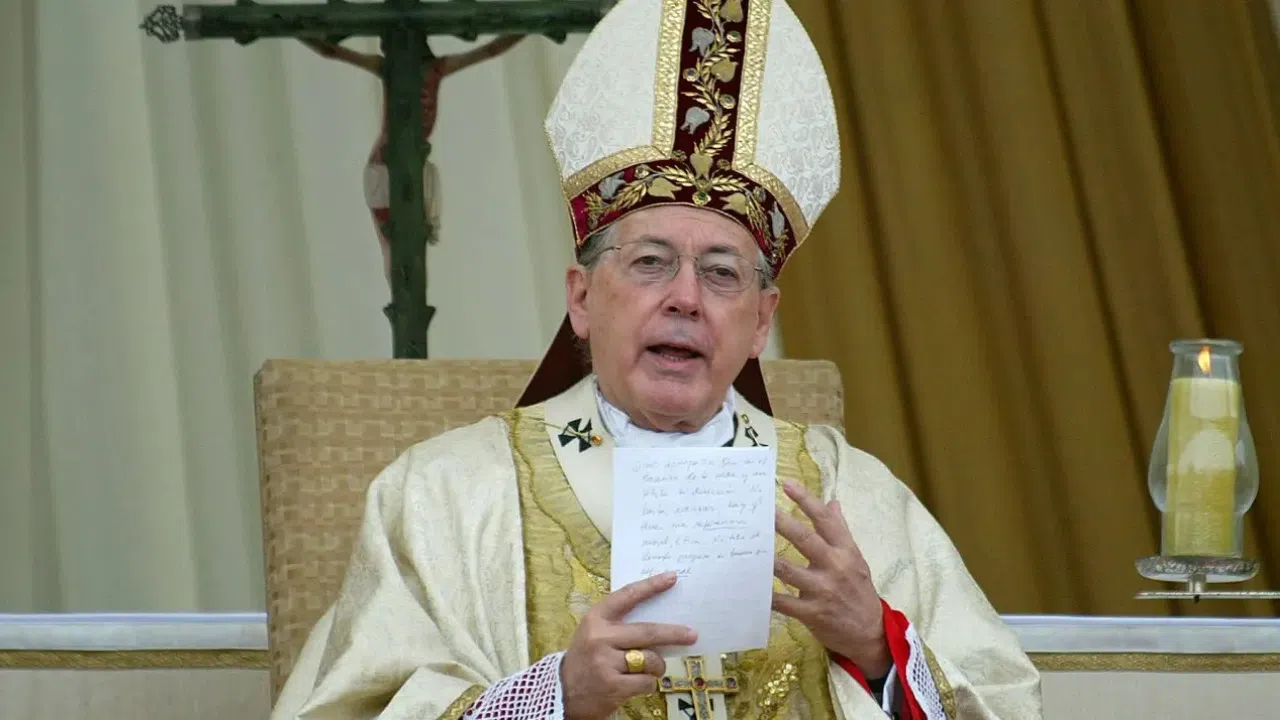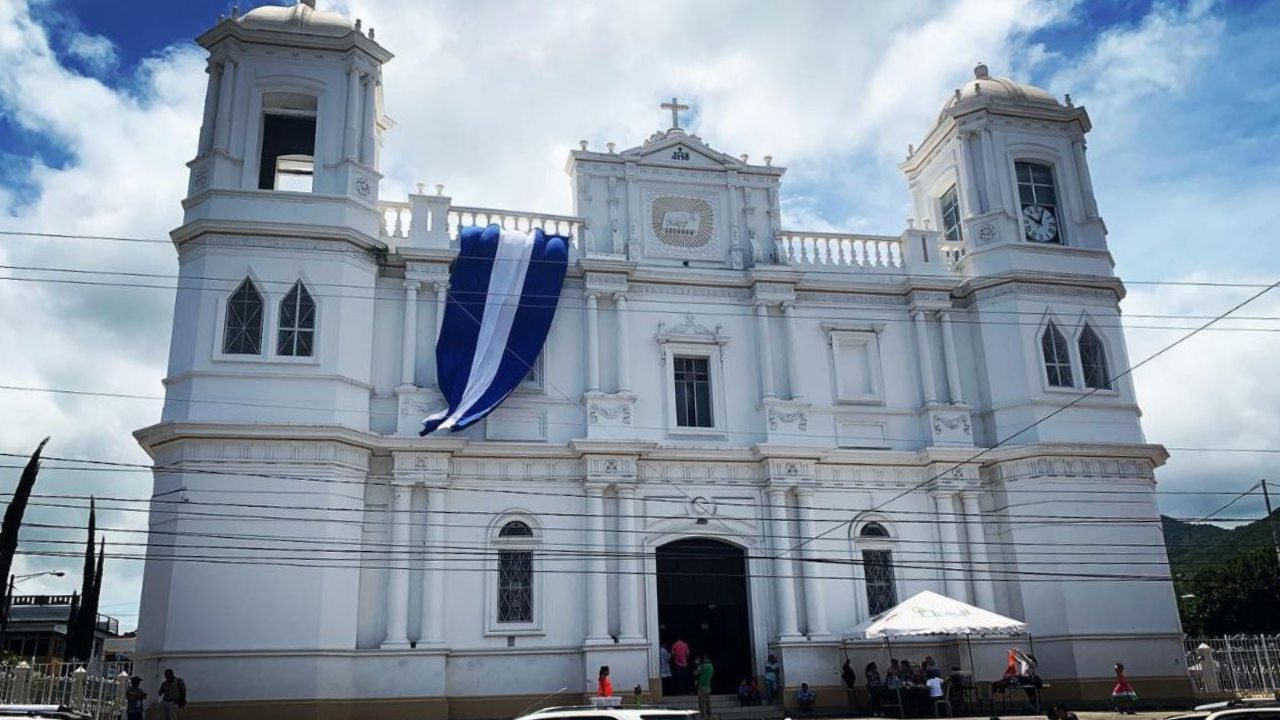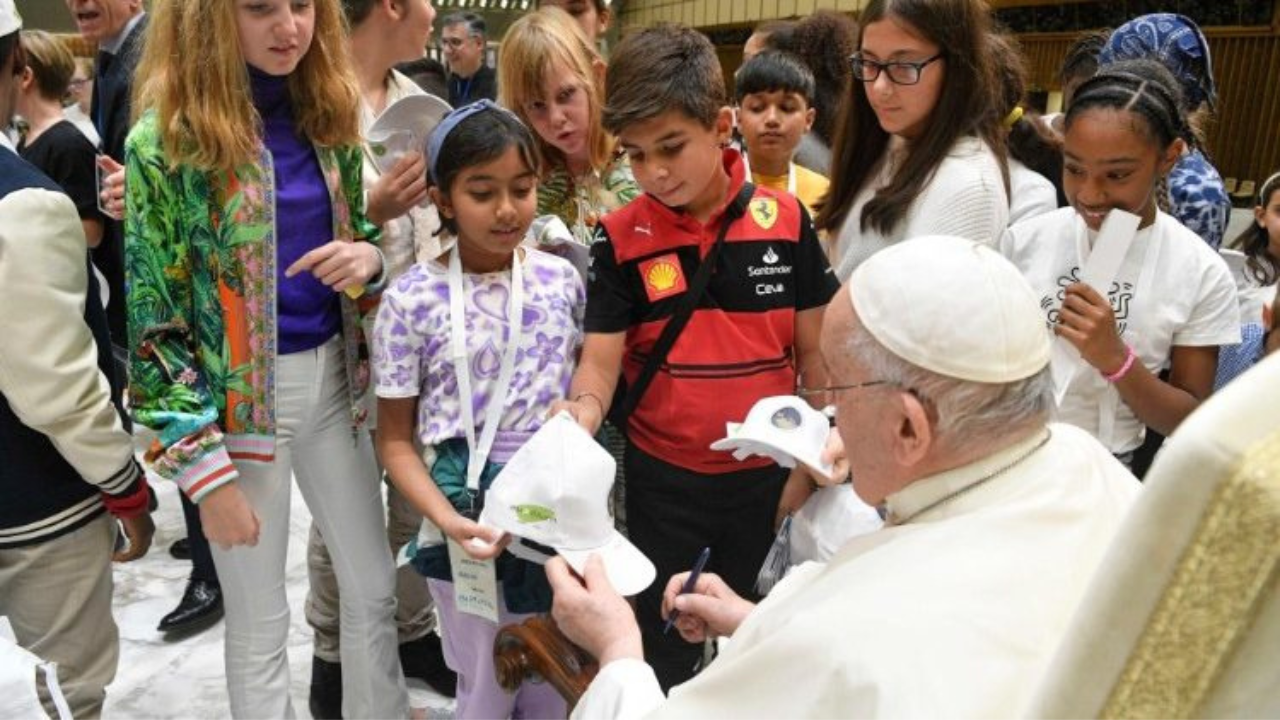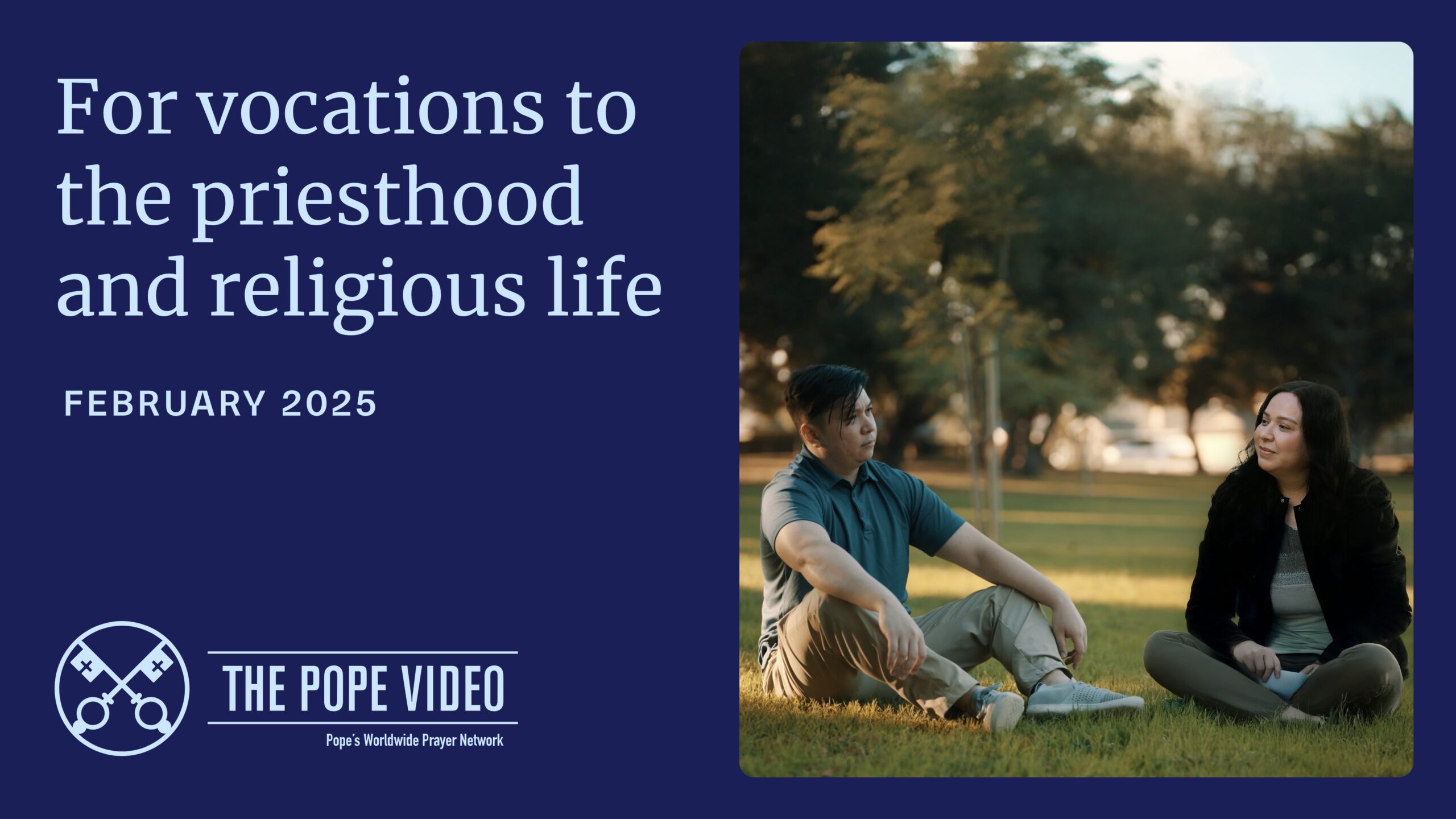Today, roughly 40 million people worldwide are victims of human trafficking, now a 40 billion-dollar industry. RENATE, Religious in Europe Networking Against Trafficking and Exploitation, reports that only between one and two percent of victims are rescued.
The organization's president, Sr. Imelda Poole, says some of the causes of human trafficking include poverty, lack of human development, lack of economic empowerment, unsafe migration and dysfunctional statutory systems.
SR. IMELDA POOLE
President of RENATE
“If you live in poverty, and an extended member of a family knows they can get a quick back by exploiting a niece or a niece by marriage, which is often the case, then they will do this.”
This was the case with a university student from Nigeria, whose uncle misleadingly presented her with an opportunity to move to Europe for a better education and future. He gave her only three days to decide and said there was no time to say goodbye to her family.
SR. IMELDA POOLE
President of RENATE
“So she thought about it and made the decision to go with him, and very sadly, her passport was taken from her when they landed in Italy, and she was sold very fast. He disappeared, but she was sold very fast into the hands of traffickers, who dragged her, abused her and forced her into prostitution.”
Even when trafficking victims are rescued, Sr. Imelda explains that survivors are often scarred for life by the trauma they endure, as was the case with a 12-year-old girl who was also trafficked by a family member.
SR. IMELDA POOLE
President of RENATE
“She was having nightmare after nightmare, and she was growing up, and she had boyfriends, but she was still.... There was something going on in her life that she'd never been able to speak about.”
That's why RENATE, present in 31 countries, rehabilitates victims by providing them with job training and proper documents; addresses the root causes of human trafficking; challenges judicial and civil authorities to adopt and enforce legislation that protects victims; and educates society about the inadmissibility of all forms of exploitation.
